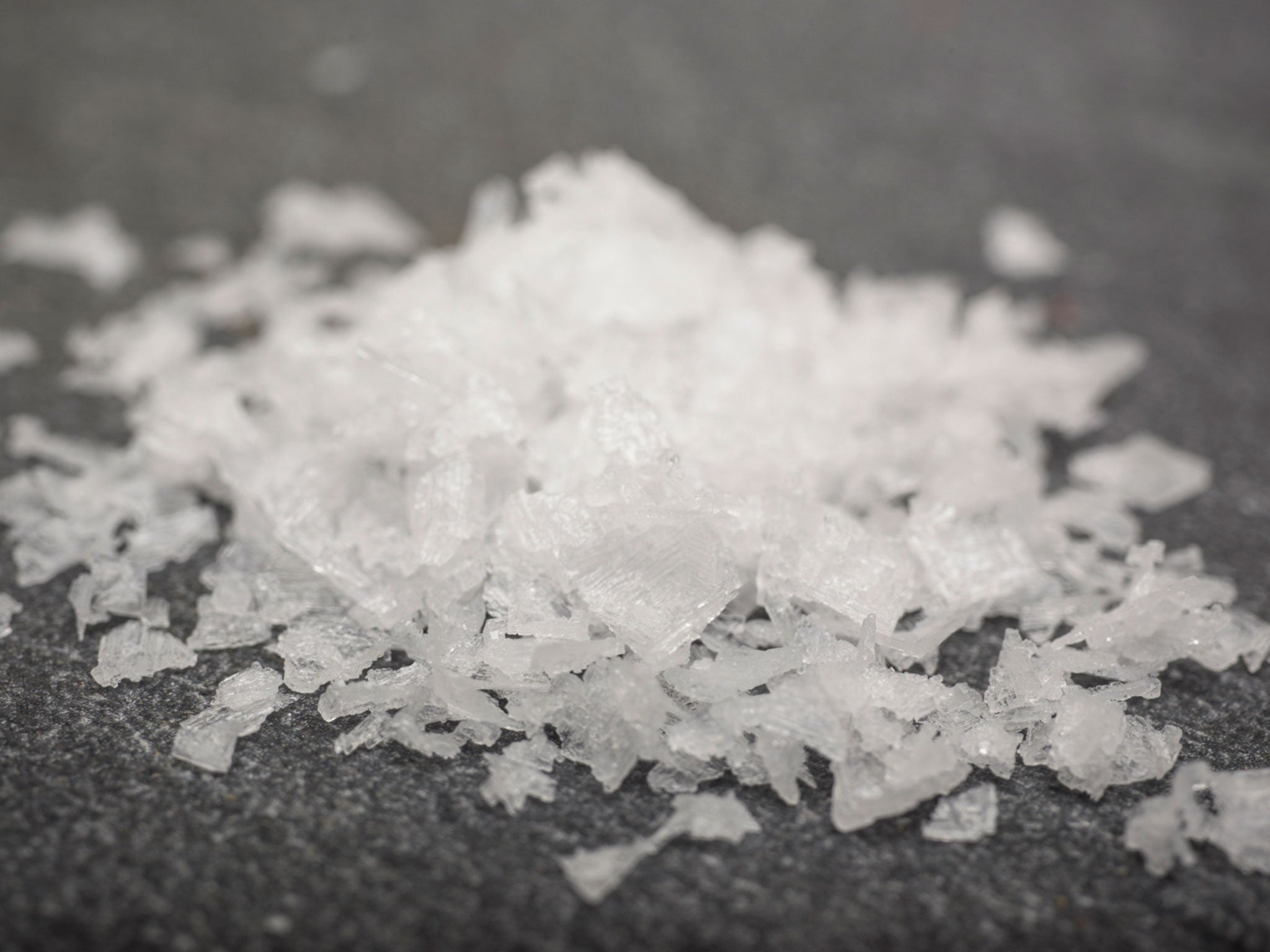Lancet attacked for publishing study claiming low-salt diet could kill you
'It is with disbelief that we should read such bad science published in The Lancet'

The prestigious medical journal The Lancet has been attacked for publishing an academic paper that claimed eating too little salt could increase the chance of dying from a heart attack or stroke.
Researchers from the Population Health Research Institute in Canada, studied more than 130,000 people from 49 different countries on six continents and concluded people should consume salt “in moderation”, rather than trying to reduce it in accordance with government guidelines across the world.
However, the study was strongly criticised by other scientists with one eminent expert expressing “disbelief” that “such bad science” should be published by The Lancet.
The paper compared the health of people who tests showed had consumed low levels of sodium (up to three grams a day), medium amounts (four or five grams) and high levels (seven grams or more).
“Those participants with four to five grams of sodium excretion had the lowest risk” of death or suffering a “major cardiovascular disease event”, the researchers reported.
Among people who had high blood pressure, eating high and low levels of salt “were both associated with increased risk”. And for people without high blood pressure, consuming less than three grams a day was “associated with a significantly increased risk” – 11 per cent – of death or a serious cardiovascular event.
Dr Martin O'Donnell, a co-author on the study and an associate clinical professor at McMaster University in Canada, said: "This study adds to our understanding of the relationship between salt intake and health, and questions the appropriateness of current guidelines that recommend low sodium intake in the entire population.
"An approach that recommends salt in moderation, particularly focused on those with hypertension, appears more in-line with current evidence."
However Professor Francesco Cappuccio, head of the World Health Organization’s Collaborating Centre for Nutrition, attacked both the methods used in the study and the journal for agreeing to publish it.
“It is with disbelief that we should read such bad science published in The Lancet,” he said.
Professor Cappuccio said the article contained “a re-publication of data” used in another paper.
“The flaws that were extensively noted in their previous accounts are maintained and criticisms ignored,” he said.
The measurement of salt intake used by the researchers, he said, was “flawed” because it was done by testing urine samples given in the morning and then “extrapolated to 24-hour excretion" using an "inadequate" equation.
Professor Cappuccio also said the participants were “almost exclusively from clinical trials of sick people that have a very high risk of dying and are taking several medications”.
In addition to these “reiterated errors”, the researchers had committed a “statistical sin” and used “biologically meaningless” classification, he claimed.
“By publishing studies with larger samples but with the same flaws the authors can only make their errors bigger,” Professor Cappuccio said.
“Whilst it is not surprising that none of the publications raising doubts on their previous findings are quoted in the reference lists, it is surprising that none of the reviewers, nor the editors of The Lancet, have spotted these glaring omissions.
“The evidence supporting global actions for a moderate reduction in salt consumption to prevent cardiovascular disease is strong and such studies should not overturn the concerted public health action to reduce salt intake globally.”
In a statement, the UK campaign group Consensus Action on Salt and Health, of which Professor Cappuccio is a member, also said using a single urine test was an “inaccurate” way to test sodium excretion.
“Salt intake varies widely from day to day, so that even one 24-hour urine does not reflect an individual’s intake,” they said, saying seven to 11 days of urine needed to be tested to give a true picture of salt intake.
“Furthermore, there is no proper discussion of the problems relating to reverse causality,” the group said.
“That is when people are dying they eat little or no food and as a result their salt intake is low.
“It is not the low salt intake that is causing their death, but rather their illness that is causing their low salt intake.”
The Lancet also published a commentary about the study by Eoin O’Brien, a professor of molecular pharmacology at University College Dublin, who anticipated the row.
“When apparent dogma is challenged, we should speak not of controversy but rather accede to the all-encompassing expression of so-called scientific uncertainty, so as to avoid unbecoming rhetoric,” he said.
Professor O’Brien wrote that the single urine tests used by the researchers could be seen as a “valid measure” of average sodium intake of a population.
And he added: “It should come as no surprise that a lowsalt-for-all policy would benefit some and disadvantage others.”
Join our commenting forum
Join thought-provoking conversations, follow other Independent readers and see their replies
Comments
Bookmark popover
Removed from bookmarks